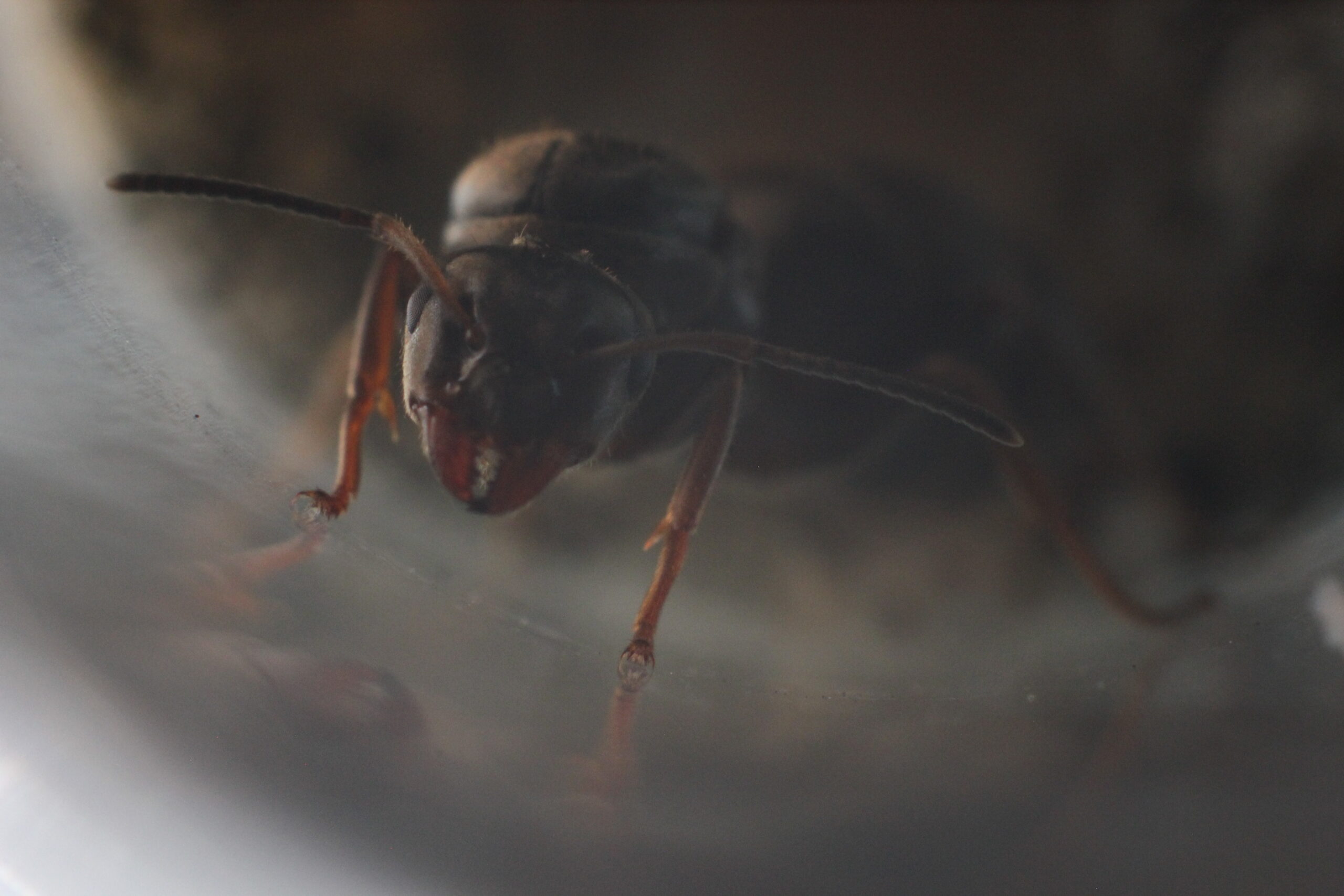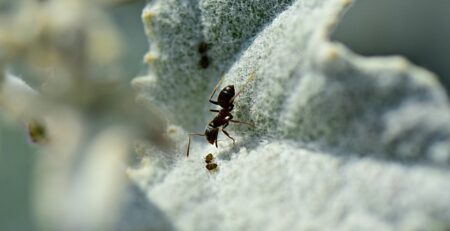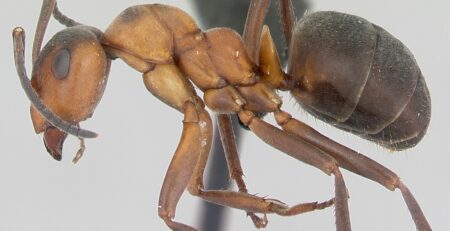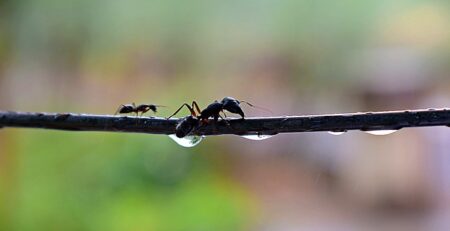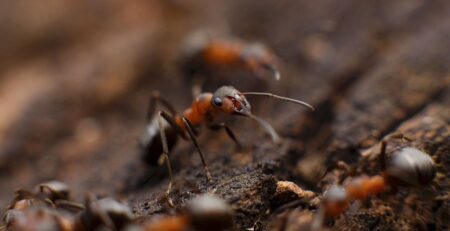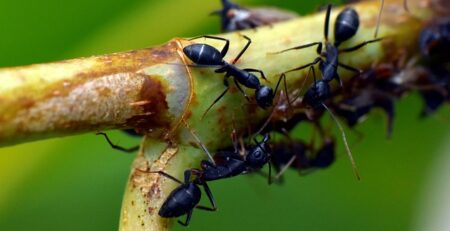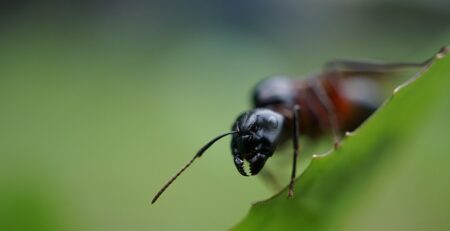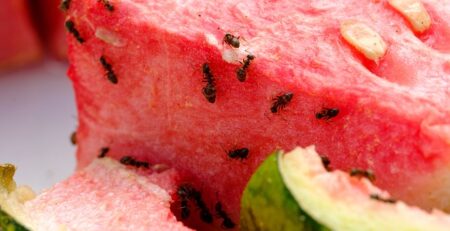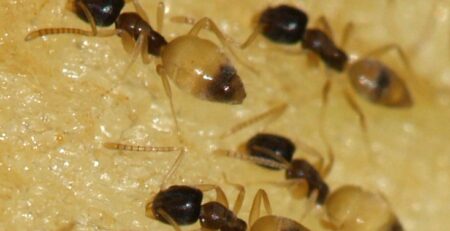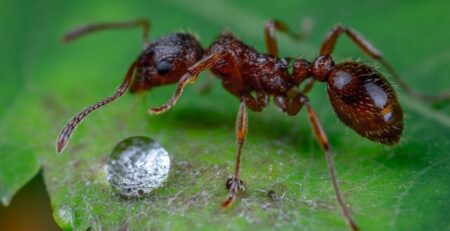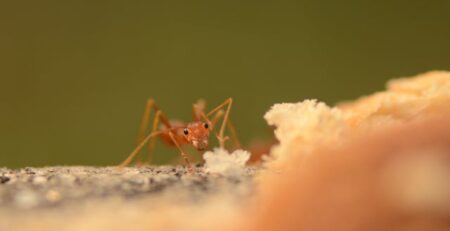What is the lifespan of the Ant Queen?
The ant queen is the backbone of any ant colony, responsible for laying eggs and ensuring the survival of her offspring. But have you ever wondered about the lifespan of the ant queen? How long does she live and what factors contribute to her longevity? In this article, we will dive into the lifespan of the ant queen, exploring the different stages of her life and the important role she plays in the survival of the colony.
Introduction to the Ant Queen
Before we discuss the lifespan of the ant queen, let’s first understand her role in the ant colony. An ant queen is the largest and most important member of her colony, serving as its reproductive female. She is responsible for laying thousands of eggs, which hatch into worker ants that support and maintain the colony. The queen produces a special pheromone that keeps the colony unified and ensures that all members work together for the survival and growth of the colony.
Stages of the Ant Queen’s Life
The lifespan of an ant queen can be broken down into three stages: the founding stage, the reproductive stage, and the end of life stage.
1. Founding Stage
At the beginning of her life, the ant queen is a young and fertile female who has just mated with a male ant. She then embarks on a journey to build her own colony by excavating a nest and laying her first batch of eggs. During this stage, the queen is the sole caretaker of the colony and must fend for herself and her offspring. This stage can last anywhere from a few weeks to a few months, depending on the species of ant and the environmental conditions.
2. Reproductive Stage
Once the colony is established, the queen’s sole purpose is to produce eggs and continue the growth of her colony. During this stage, the queen becomes less active and relies on her worker ants to provide her with food. The reproductive stage can last for several years, with the queen laying thousands of eggs at a steady rate.
3. End of Life Stage
As the queen ages, her egg-laying ability decreases, and she becomes less productive. The average lifespan of an ant queen ranges from 5 to 15 years, depending on the species. Once the queen reaches the end of her life, the colony will start to decline, and a new queen must take her place to maintain the colony’s survival.
Factors Affecting the Ant Queen’s Lifespan
Several factors can affect the lifespan of an ant queen, and these include:
1. Genetics: Some ant species have longer lifespans than others, and this can be due to genetic differences.
2. Diet: The queen’s diet plays a crucial role in her lifespan. A queen who has access to a varied and nutritious diet is more likely to live longer.
3. Environmental conditions: Factors such as temperature, humidity, and access to resources can all affect the lifespan of an ant queen.
4. Predators: Ant queens are vulnerable to predators such as birds, spiders, and other insects, which can significantly reduce their lifespan.
Conclusion
The lifespan of an ant queen is a vital aspect of the colony’s survival. Without her, the colony would not exist, and the worker ants would not be able to support and maintain it. The queen’s journey from a young and fertile female to an aged and less productive queen is a crucial part of the life cycle of an ant colony. Understanding the lifespan of the ant queen can give us a deeper appreciation for these tiny but mighty creatures and the important role they play in our ecosystem.

